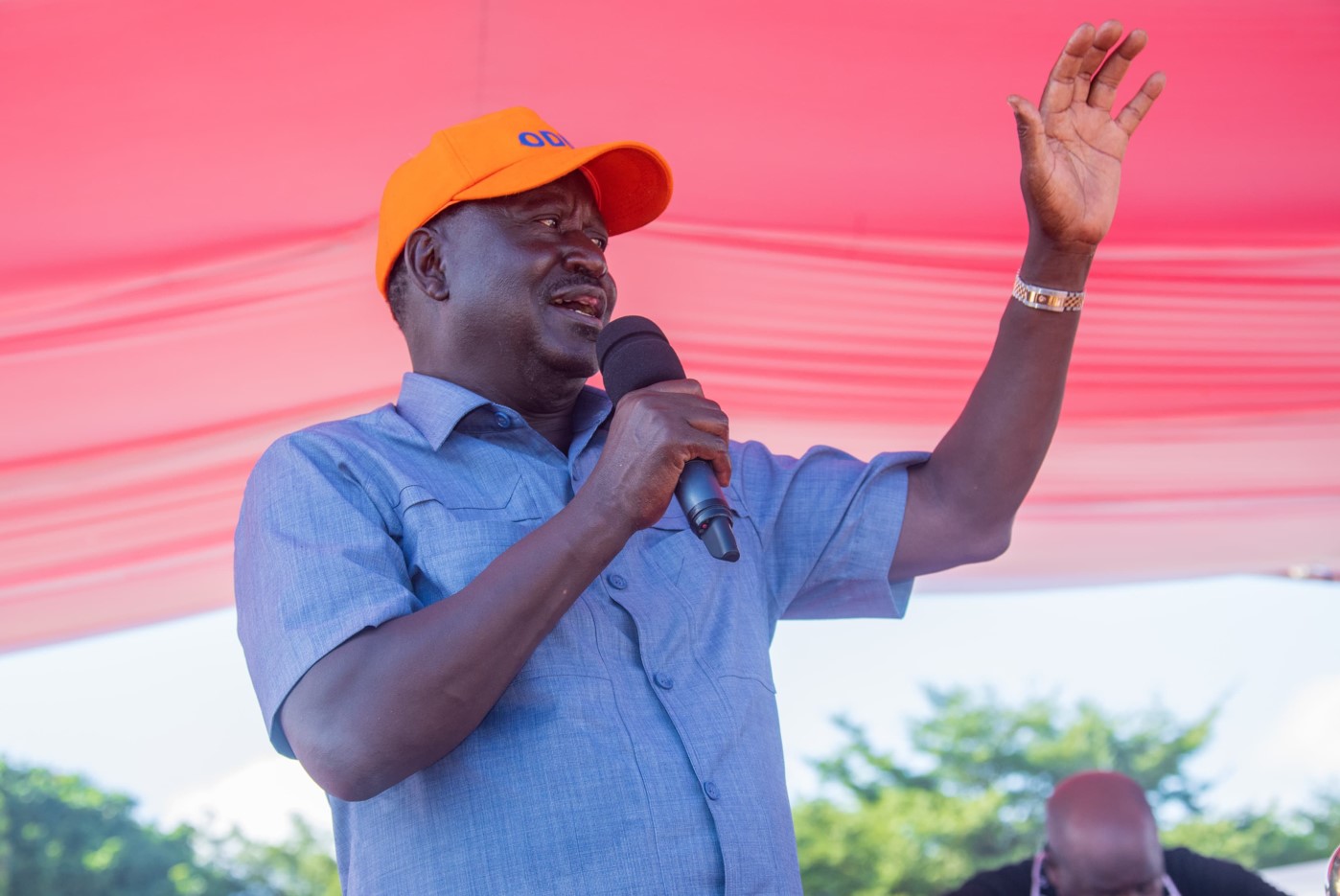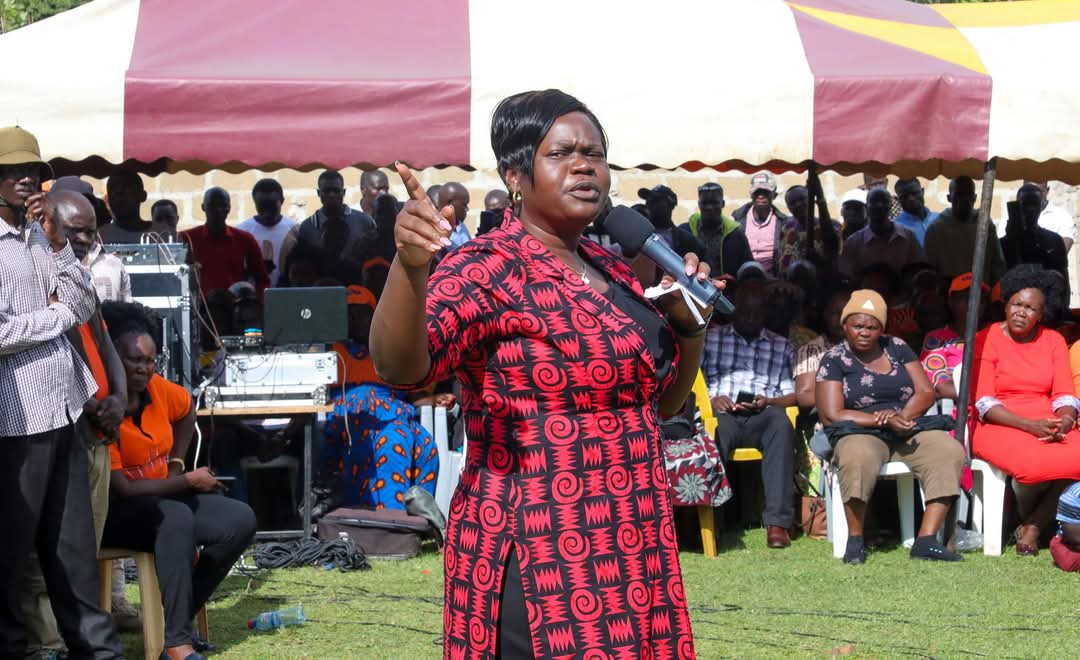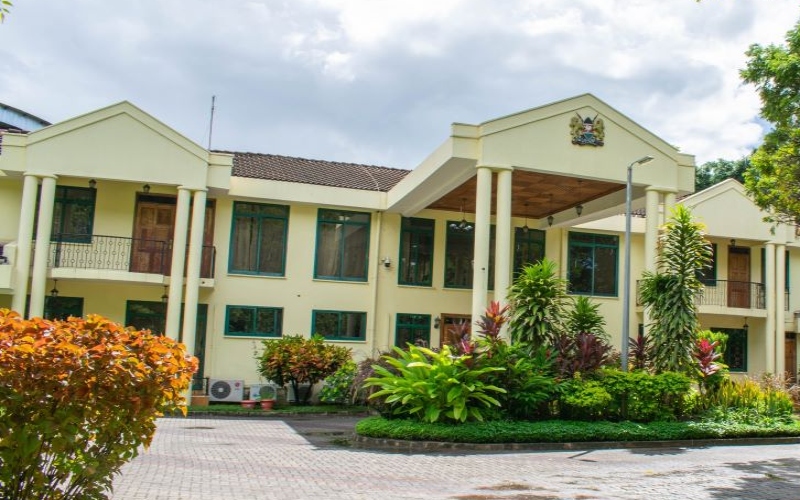How ODM emerged from crisis to become a political powerhouse

In the run-up to the 2007 elections, ODM-Kenya was thrown into disarray after a bitter fallout between Raila Odinga and Kalonzo Musyoka over the party’s presidential ticket.
The Orange Democratic Movement (ODM) party, which has withstood the test of time and survived trials that broke many political outfits, was born in the most unlikely way.
As it marks its twentieth anniversary, The Eastleigh Voice revisits the events that led to its formation.
More To Read
- Ruto and Oburu strengthen UDA-ODM alliance after by-election win
- Saboti MP Caleb Amisi warns ODM may not survive 2027 after by-election struggles
- Harrison Kombe wins Magarini parliamentary seat with 17,909 votes
- MP Kaluma injured as bodyguard loses gun in Kasipul poll chaos
- Magarini by-election: ODM's Harrison Kombe raises alarm as agents barred from polling stations
- Why fight over ODM threatens party’s future, Odinga dynasty - analysts
In a recent interview, lawyer Mugambi Imanyara opened up about a little-known tussle that once pitted him against the late Raila Odinga, revealing how a twist of fate later led the ODM leader to seek his help just months before the 2007 General Election.
Imanyara recalled that shortly after the 2005 constitutional referendum, in which the "Orange" side successfully opposed the government’s proposed constitution, he foresaw that the movement would eventually evolve into a political party.
Acting on that instinct, he quietly registered the Orange Democratic Movement (ODM) under his own name.
“At the time, the move sparked outrage among key figures in the Orange camp, who accused me of opportunism,” Imanyara said. “Raila and his allies were forced to operate under the banner ODM-Kenya (ODM-K) after failing to secure the original ODM registration.”
“I could tell the Orange side would turn into a political movement,” he added. “So I took the initiative to register it. That decision didn’t sit well with Raila’s group; they tried everything to get me to surrender it.”
He recalled that even the then-Attorney General Amos Wako intervened, urging him to hand over the registration. But Imanyara stood his ground. “They wanted to pressure me into giving it up,” he said.
The significance of that registration would only become clear two years later.
In the run-up to the 2007 elections, ODM-Kenya was thrown into disarray after a bitter fallout between Raila Odinga and Kalonzo Musyoka over the party’s presidential ticket.
Kalonzo’s camp, backed by Dan Maanzo, retained control of ODM-Kenya, effectively locking Raila out and leaving him without a political vehicle.
With time running out and elections fast approaching, Raila turned to the very man his team had once fought, Imanyara.
“The first thing Baba said was that he regretted fighting me over ODM,” Imanyara recounted. “He told me he never imagined he’d one day need what I had registered. Then he asked, ‘Can you show me the certificates?’”
Imanyara agreed to transfer the ODM registration to Raila, a move that instantly resolved what had become a major political crisis. “You can imagine the celebration that followed,” he said. “Suddenly, Raila had a party again.”
That decision proved monumental. Under the revived Orange Democratic Movement, Raila led a powerful campaign that saw ODM win more parliamentary seats than President Mwai Kibaki’s Party of National Unity (PNU), setting the stage for one of Kenya’s most hotly contested elections in history.
It is this fateful beginning that ODM members and leaders will be reflecting on from November 14 to 16 in Mombasa County during the party’s 20th anniversary celebrations.
Interim party leader Oburu Odinga said the milestone will honour two decades of political struggle, sacrifice, and service to the Kenyan people.
He described the anniversary as a moment to reflect on the party’s journey and celebrate the legacy of ODM’s departed leader, Raila Odinga, whose vision and courage shaped what he called the modern democratic movement in Kenya.
Oburu added that the commemoration will recognise Raila’s lifelong dedication to expanding democratic space and building a party grounded in unity and people-centred values.
“As we commemorate this landmark, we do so in honour of the indelible legacy of our departed party leader, Raila Odinga, the father of modern democracy in Kenya. His vision, courage, and sacrifice built this movement,” he said.
He noted that members will use the occasion to reflect on the party’s growth, consolidate its organisational strength, and reaffirm its direction for the years ahead.
Top Stories Today














































